Steven is a recipient of the A. James Barnes Scholarship, named after Jim Barnes, a SPEA faculty member, who is a nationally recognized environmental law and policy expert. Jim also participated in the formation of the EPA. This award honors students who have demonstrated leadership potential and a strong interest in public service. Congrats!
Shaz will be a CASBS fellow at Stanford University
"Imagine a place where great minds are brought together to confront the problems of the day, where original interdisciplinary thinking is the norm, where extraordinary collaborations become possible, where ideas can change our world." That is the mission of the Center for Advanced Study in the Behavioral Sciences
Yep, that is where Shaz will be for Fall 2017 and Spring 2018! :)
Shaz awarded IU Outstanding Junior Faculty Award
The award, presented by the Office of the Vice Provost for Research and the Office of the Vice Provost for Faculty and Academic Affairs, celebrates tenure-track faculty working on nationally recognized research or creative programs.
Janine heads to Taiwan!
Janine Tang will be heading to Taipei, Taiwan this summer (2017) for the International Chinese Language Program at National Taiwan University. She is completing this program as a part of her Chinese studies through the IU Chinese Flagship program.
NSF Award: Understanding and correcting misperceptions of energy use
Shahzeen invited to serve on Nature Sustainability editorial advisory board
Annual Holiday Party
Our annual holiday party with the usual crazy shenanigans: games, jokes, laughs, fire, mulled cider, spicy food, peeps, Savannah cuddles, and Seth's serenade.
Above L to R - Kurt, happy Steven, Shaz (rockstar pose), Janine, Seth (fake strangle), Adam being carried by Daniel (he is very strong), Claire (thumbs up), and Erich (aka Dexter) in the bottom corner.
Lab alums, wish you were here. Happy holidays! - Attari Lab.
New paper: Preferences for species conservation
Warm congratulations to Dr. Michelle Lute on our paper Public preferences for species conservation: choosing between lethal control, habitat protection, and no action published in Environmental Conservation. Here is the news release on our work. Michelle is now continuing to protect wildlife at the Montana-based WildEarth Guardians organization. She is a former postdoctoral fellow in our lab.
Fall Lab Hike
We all hiked Pate Hallow's six mile loop together. Here we are taking a break - with Yu, Steven, Janine, Daniel and Adam. Savannah is getting a drink of water from Lake Monroe. Love the lab. Onwards.
Sustainability summit - It takes a 'ville
Patten Lecturer Professor Paul Slovic
Professor Paul Slovic visits IU next week. Paul is the world expert on risk perceptions and more recently compassion fade. Paul’s research on risk focuses on the processes by which people use available evidence and experience to judge risks. In his work on compassion fade, he answers a deeply painful and puzzling problem relating to genocide: why is it that the more who die, the less we care? His work can be briefly summarized by the title of his latest book: Numbers and nerves - information, emotion, and meaning in a world of data. Below is a list of his events open to all. See you there.
Cognitive Science Colloquium - Lessons Learned from Failed Experiments, Torturing Data, and Persistence: Lemonade Anyone? @4pm, Psychology 101, Monday, October 24, 2016
I was taught to do controlled lab experiments to test theoretically relevant hypotheses. I tried to do this. Quite often the design failed and the results were disappointing. Or I noticed something unexpected in the findings. In some of those instances I dwelled on the failures and pursued the surprises with further analyses or new studies, and made a few interesting and possibly even important discoveries. I shall review this landscape of disappointments and surprises and argue that experiments and other ways of collecting data are not only for testing hypotheses but rather are an aid to thinking and discovery.
Patten Lecture - The Psychology of Risk @7:30pm, Presidents Hall, Tuesday October 25, 2016; 9pm Reception to follow in the State Room West, IMU
Studies of risk perception examine the judgments people make when they are asked to characterize and evaluate hazardous activities and technologies. This research aims to aid risk analysis and policymaking by (i) providing a basis for understanding and anticipating public responses to hazards and(ii) improving the communication of risk information among lay people, technical experts, and decision makers. This work assumes that those who promote and regulate health and safety need to understand how people think about and respond to risk. Without such understanding, well-intended policies may be ineffective. Among the questions I shall address are: How do people think about risk? What factors determine the perception of risk and the acceptance of risk? What role do emotion and reason play in risk perception? What are some of the social and economic implications of risk perceptions? Along the way I shall address such topics as: the subjective and value-laden nature of risk assessment, the multidimensionality of risk, sex, politics, and emotion in risk judgments, risk and trust, and risk perception and terrorism.
Roundtable discussion on public perceptions of risk and climate change @9:45-11:15am, The Bridgewaters Lounge in Neal-Marshall Black Culture Center, Wednesday October 26, 2016
An informal discussion with Paul Slovic, John Graham, John Applegate, and Shahzeen Attari on perceptions of climate change risks and action. Open to all.
Ask Paul Anything @3-4pm, Georgian Room, Thursday October 27, 2016
An exclusively all-student event (postdocs, PhD, masters, and undergraduate students). Students can “Ask Paul Anything” similar to reddit’s AMA (Ask ME Anything) forum. Bring questions for Paul. Open to All.
Patten Lecture - Moral Deficiencies in the Arithmetic of Compassion @7:30pm, Presidents Hall, Thursday October 27, 2016
In many human and environmental crises, individuals and their governments exhibit a morally troubling response to the risk of mass casualties that can be described by the phrase ”the more who die, the less we care”, reflecting a flawed “arithmetic of compassion”. I shall present research demonstrating three non-rational psychological mechanisms that underlie this phenomenon: psychic numbing, pseudoinefficacy, and the prominence effect. After documenting these obstacles to rational decision making, I shall explore ways to counteract them—a roadmap for future research and its application to crisis management.
Heading to the Headlands..
Shahzeen takes part in a Climate Change Residency program at the Headlands Center for the Arts in California. It was a really neat mix of scientists and artists working on how to effectively communicate climate change to different audiences. I presented my research right after a conceptual artist presented her work on imagined futures many many years from now - scary dystopias that we may all have nightmares about. That got me thinking: How do we move from cognition (related to my work) to feelings (related to hers)? Much of my work has looked at misperceptions of energy/water and now water systems. But how do we get people to feel the value of the water system?
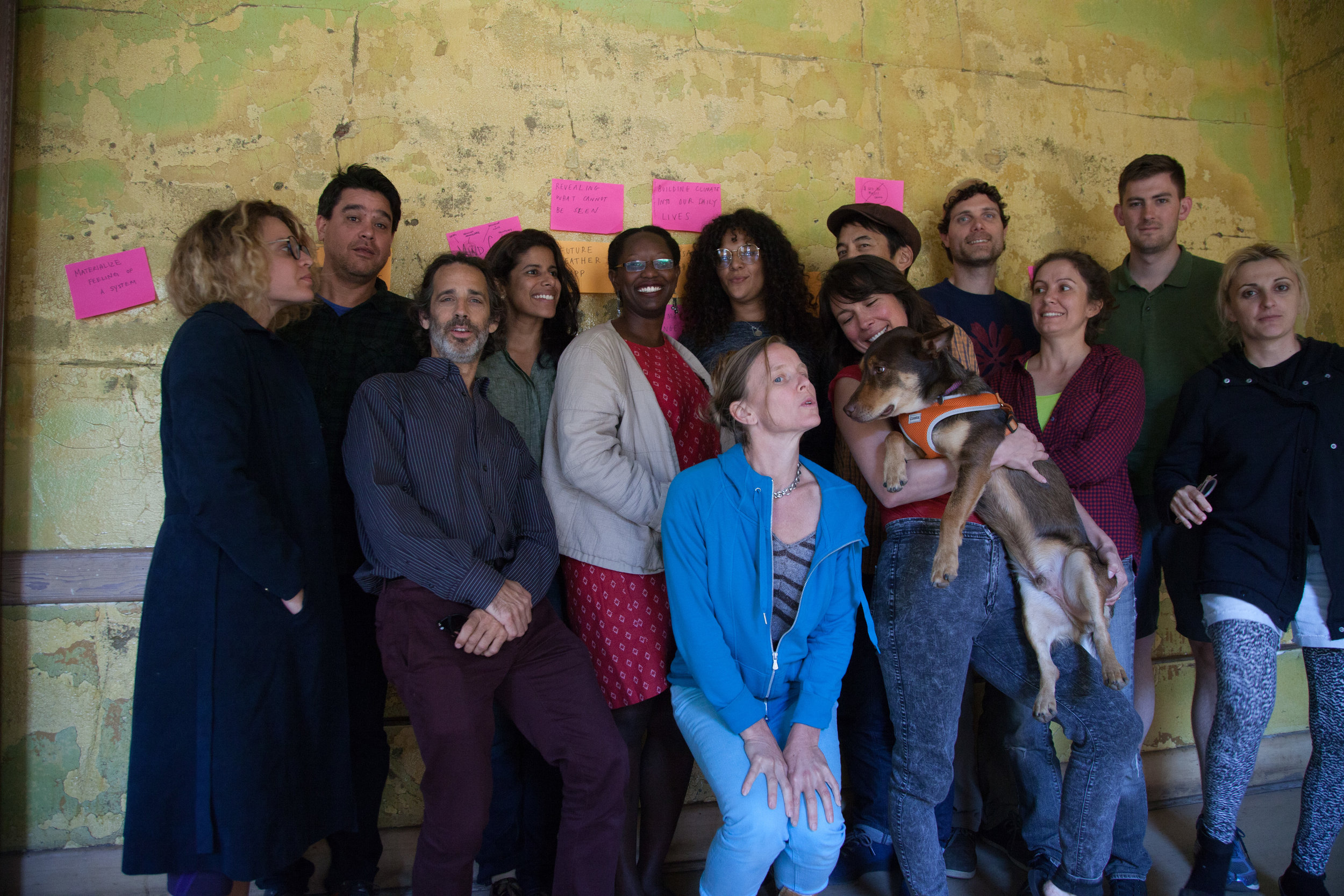

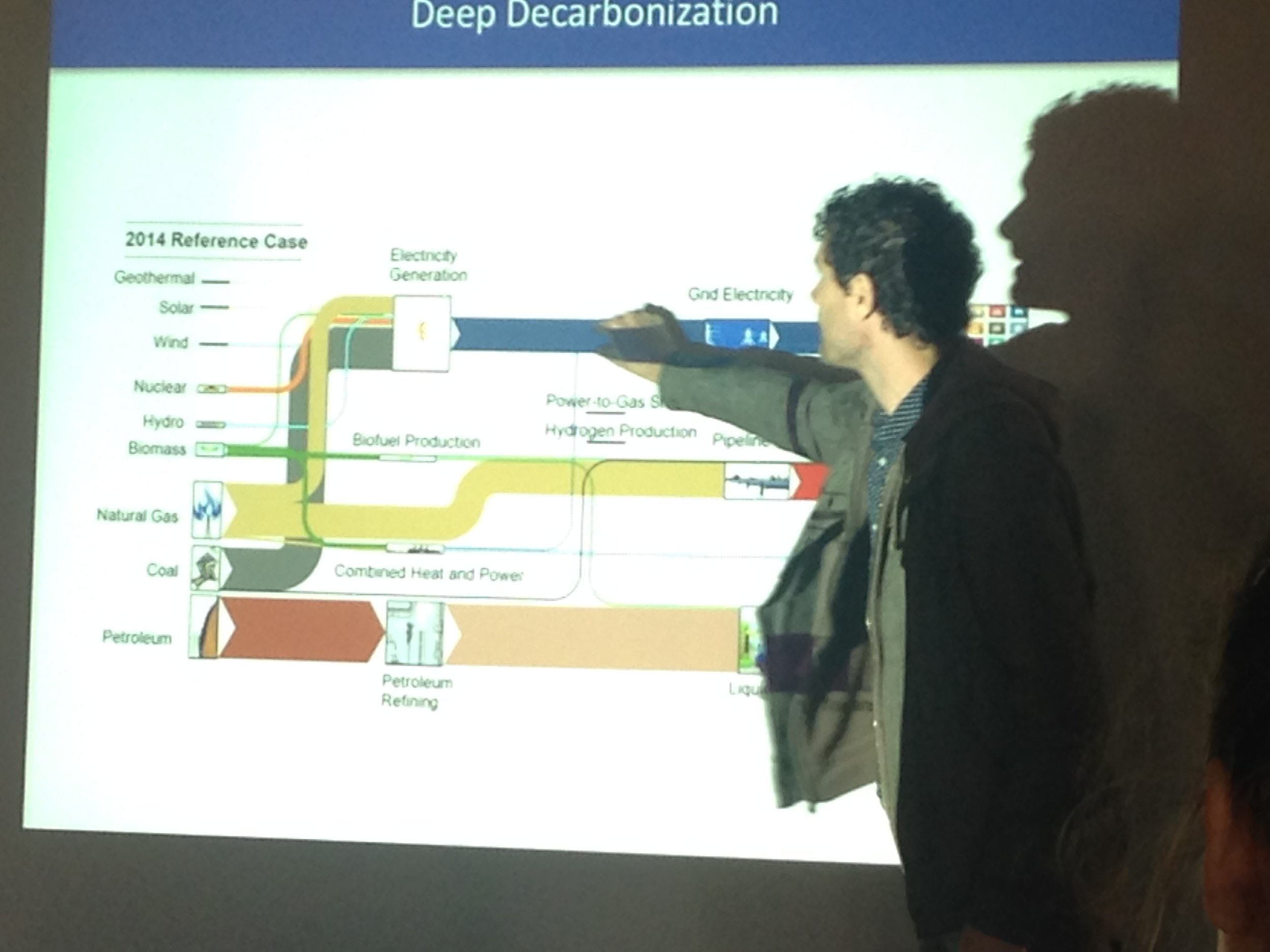
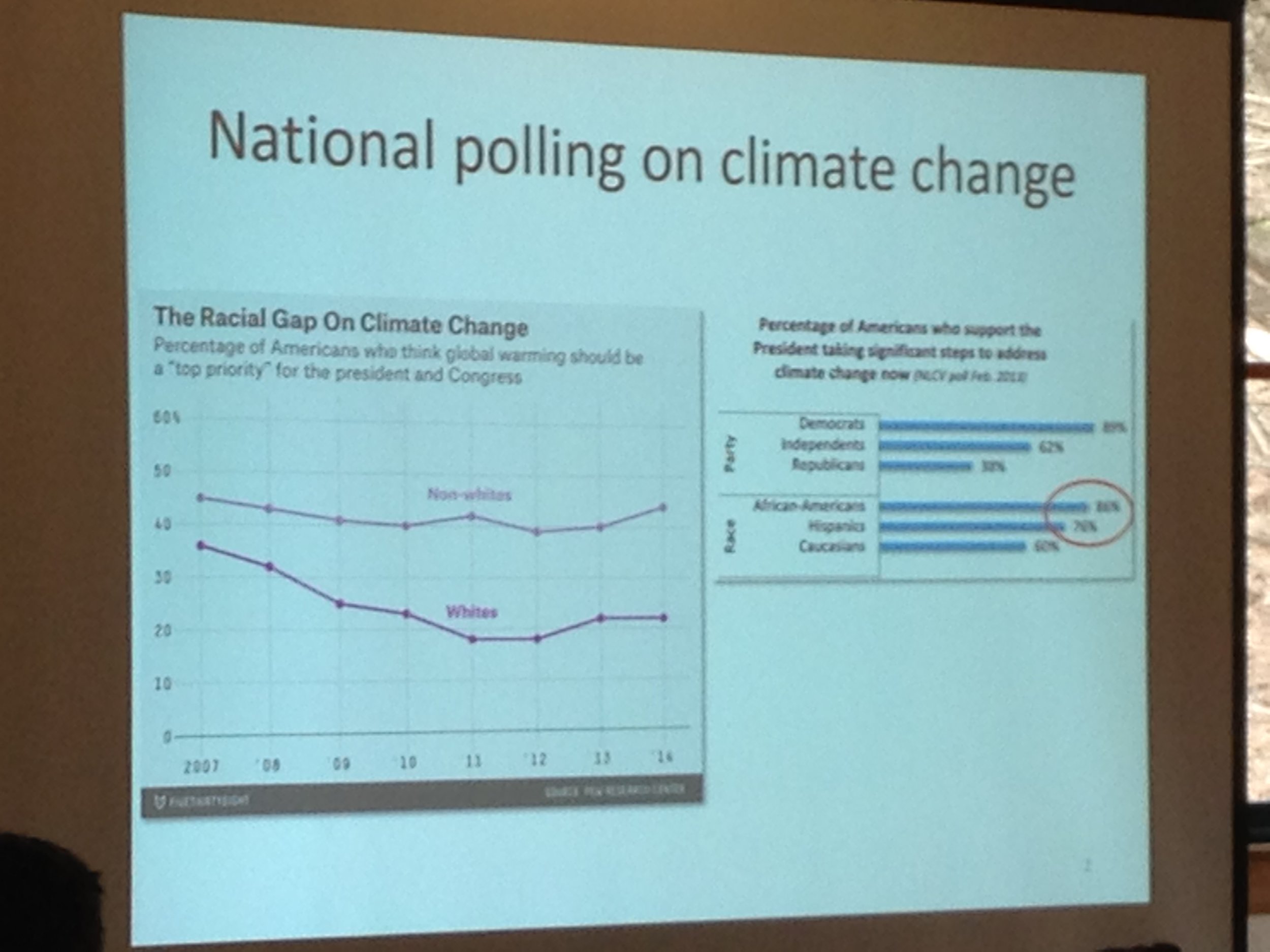
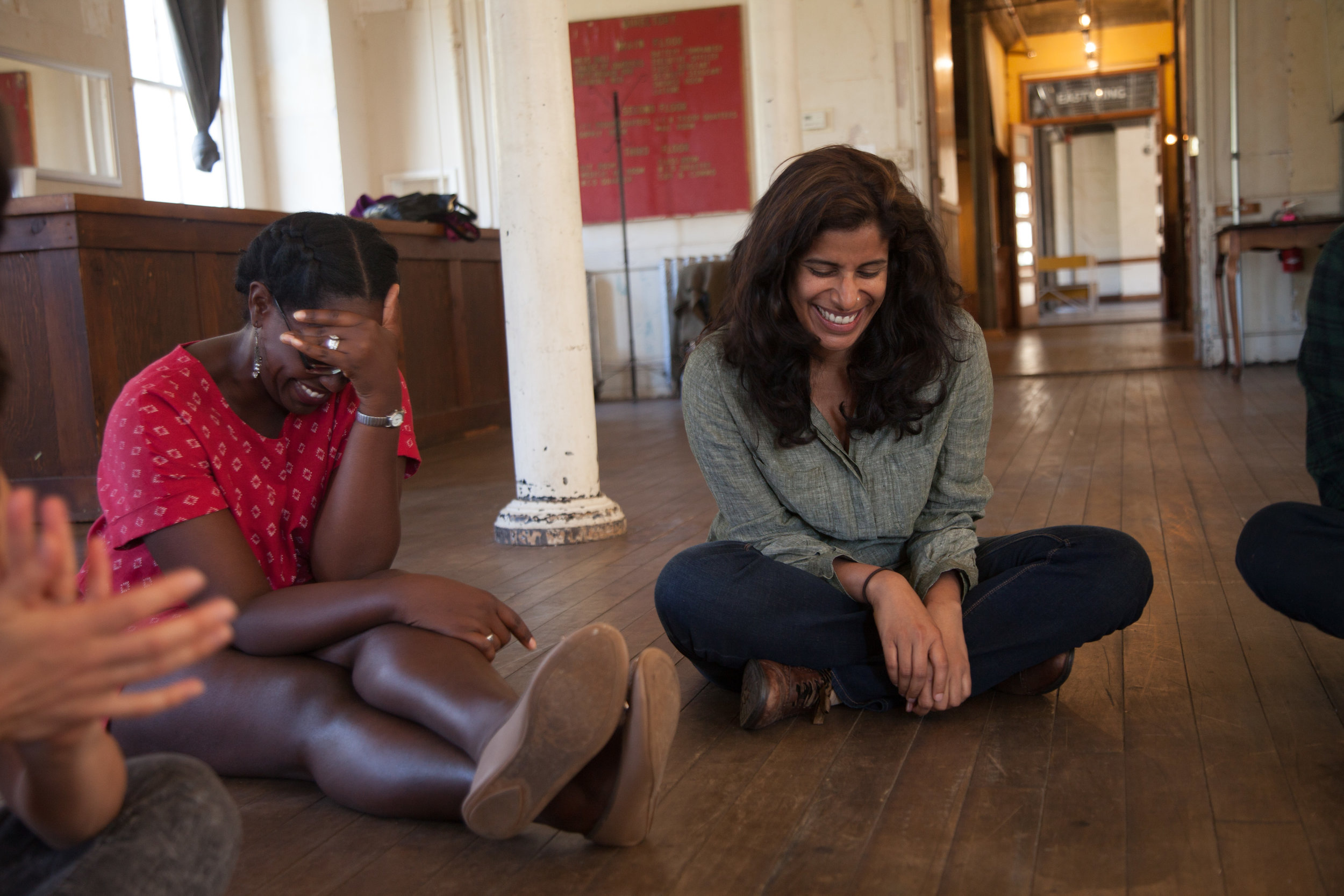
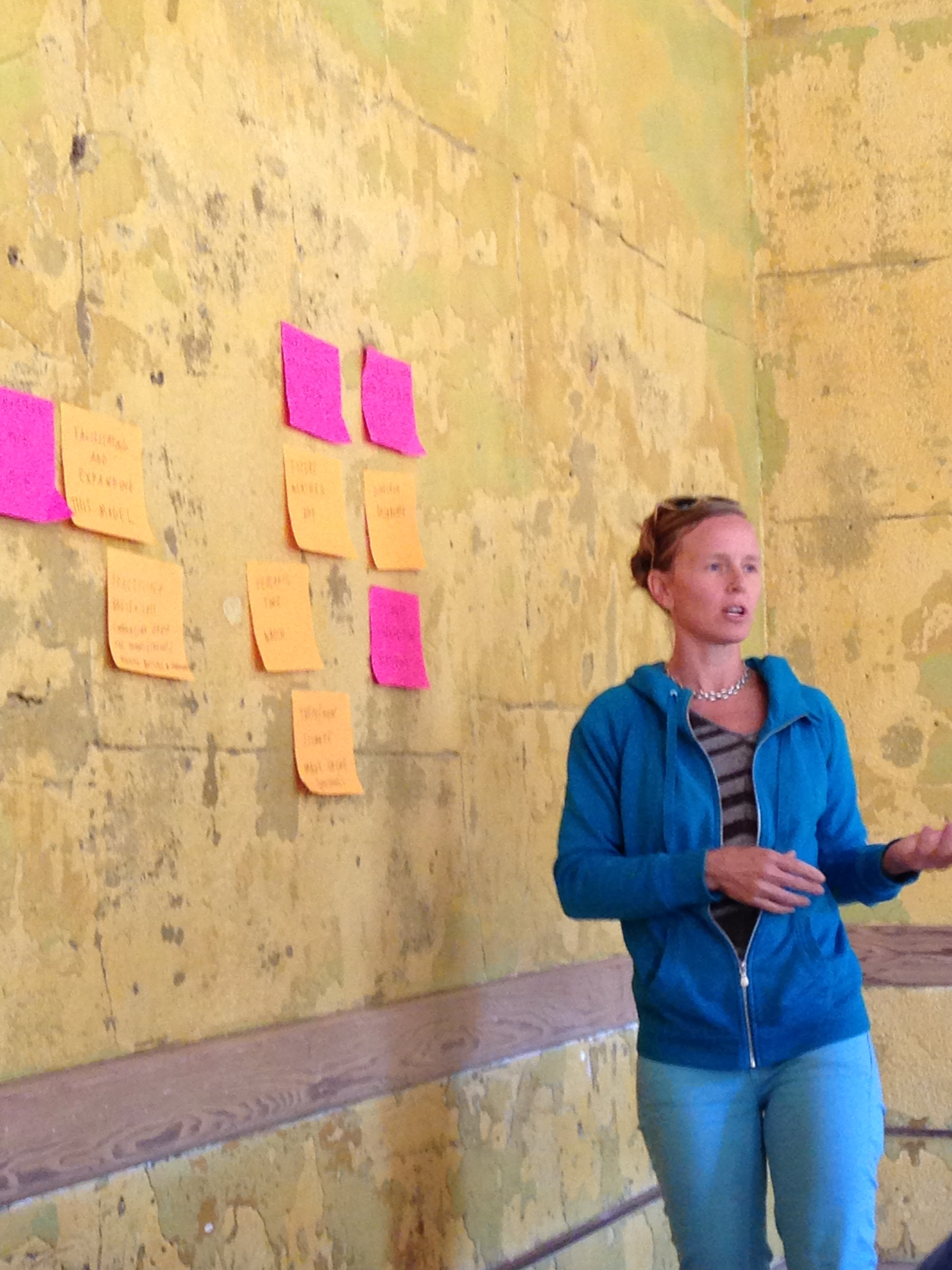
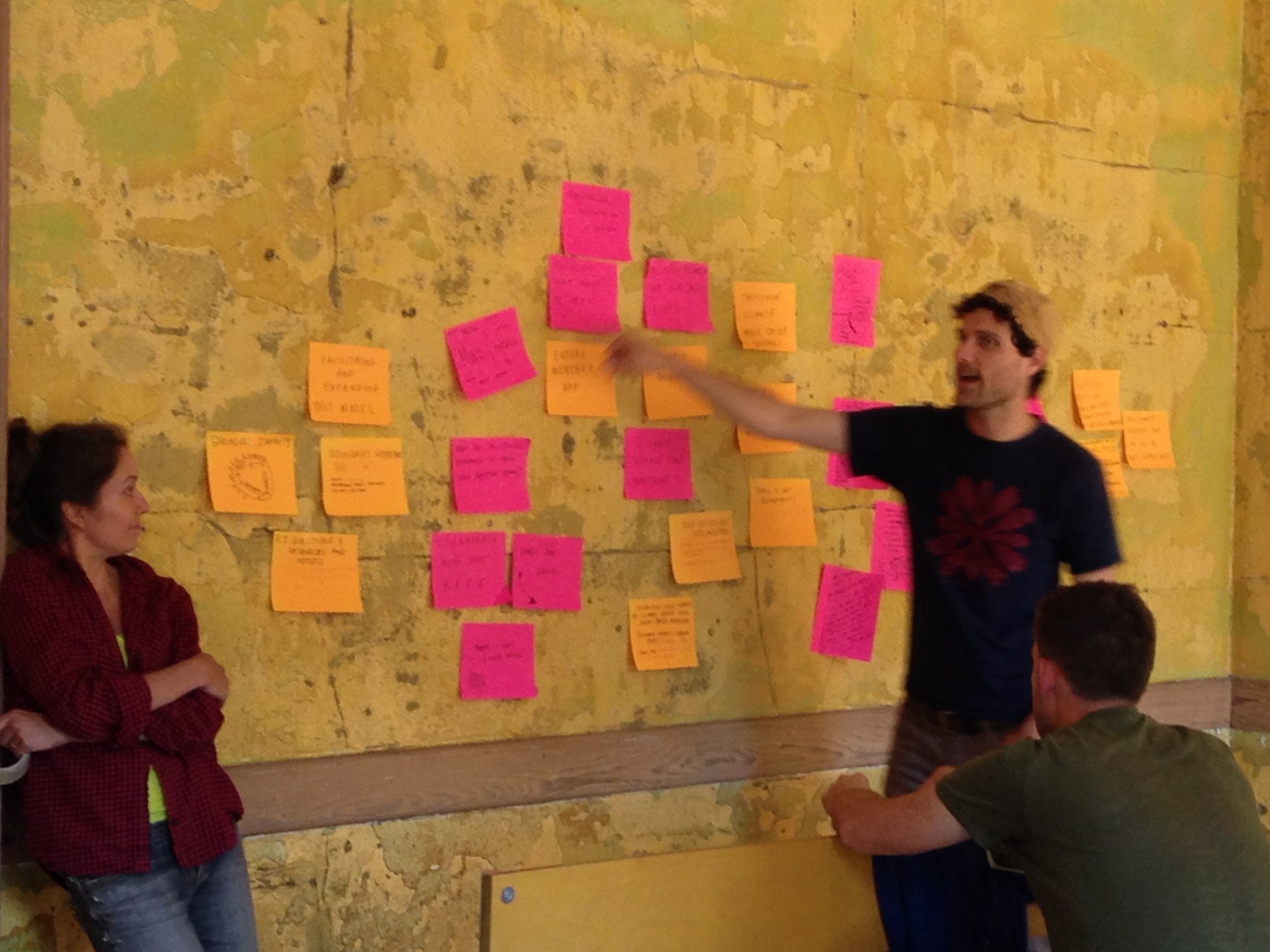
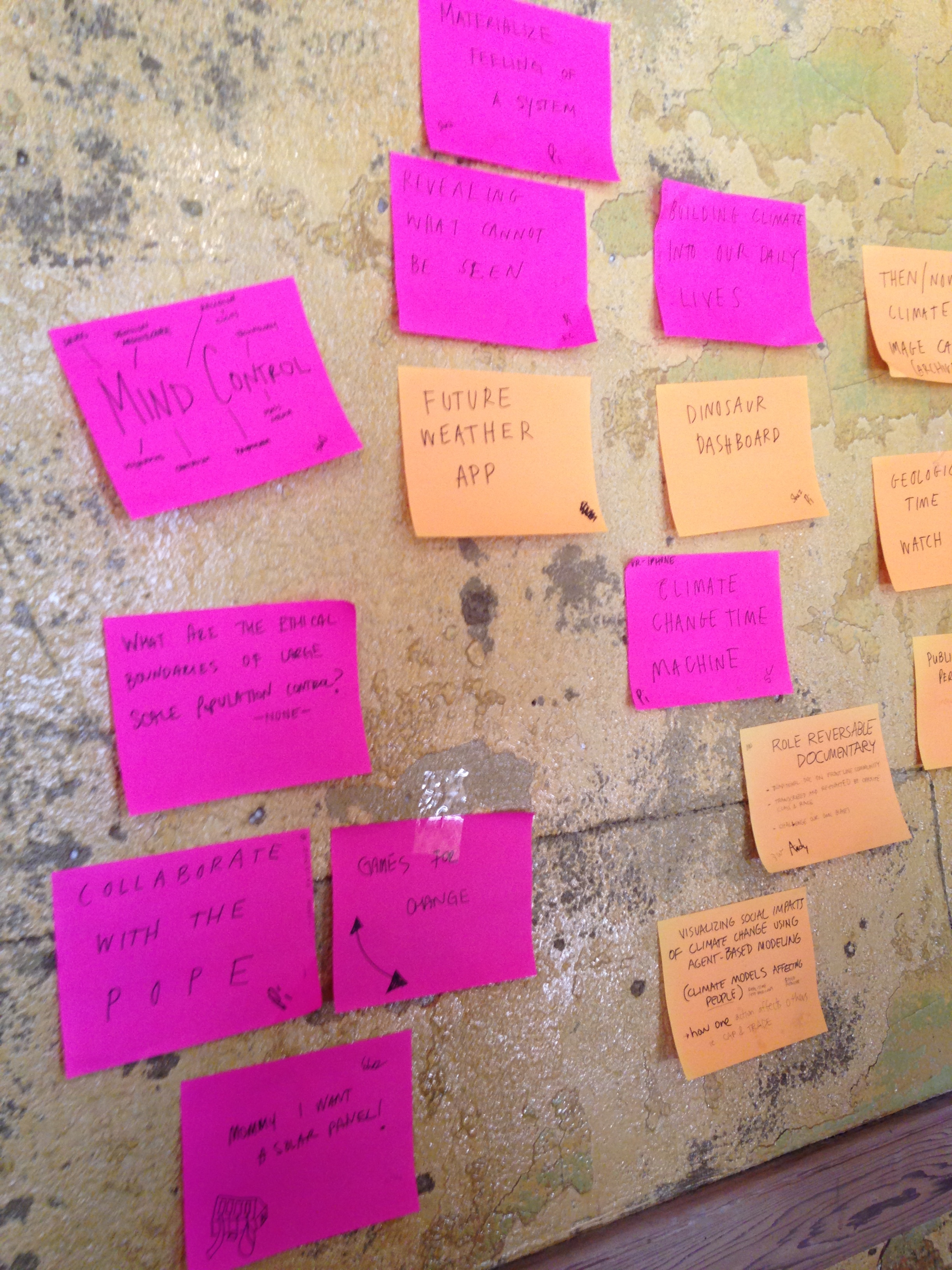
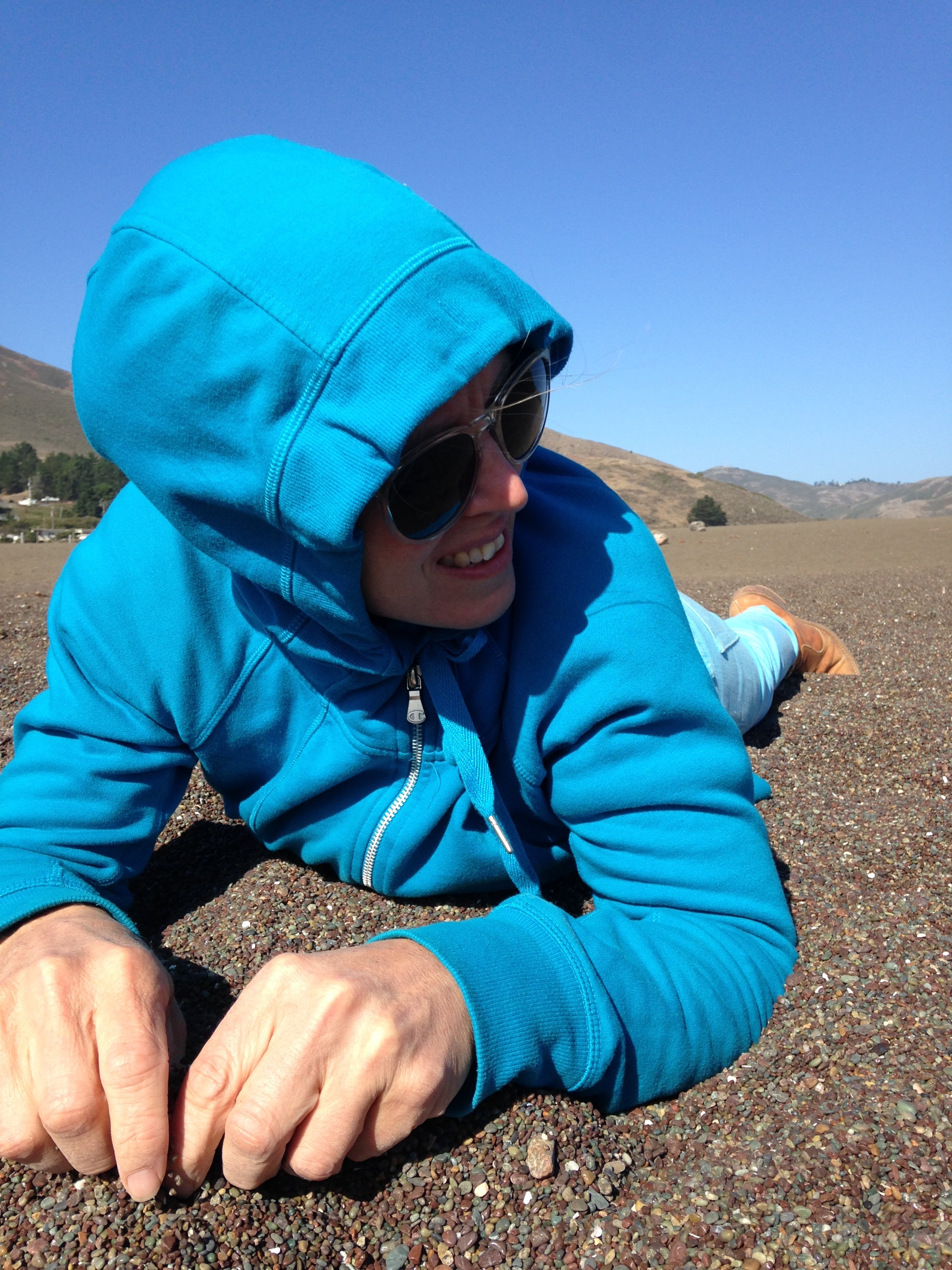
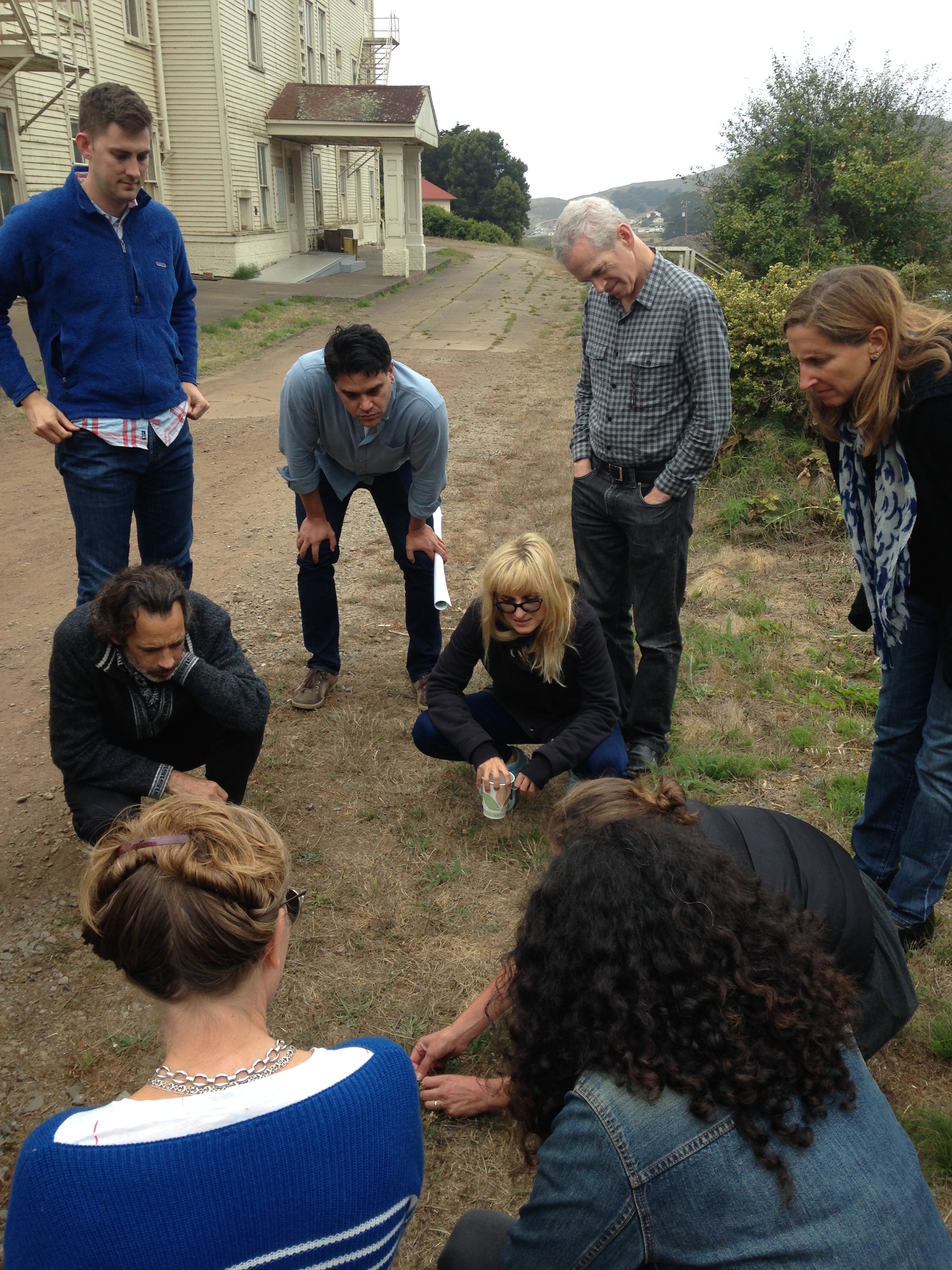
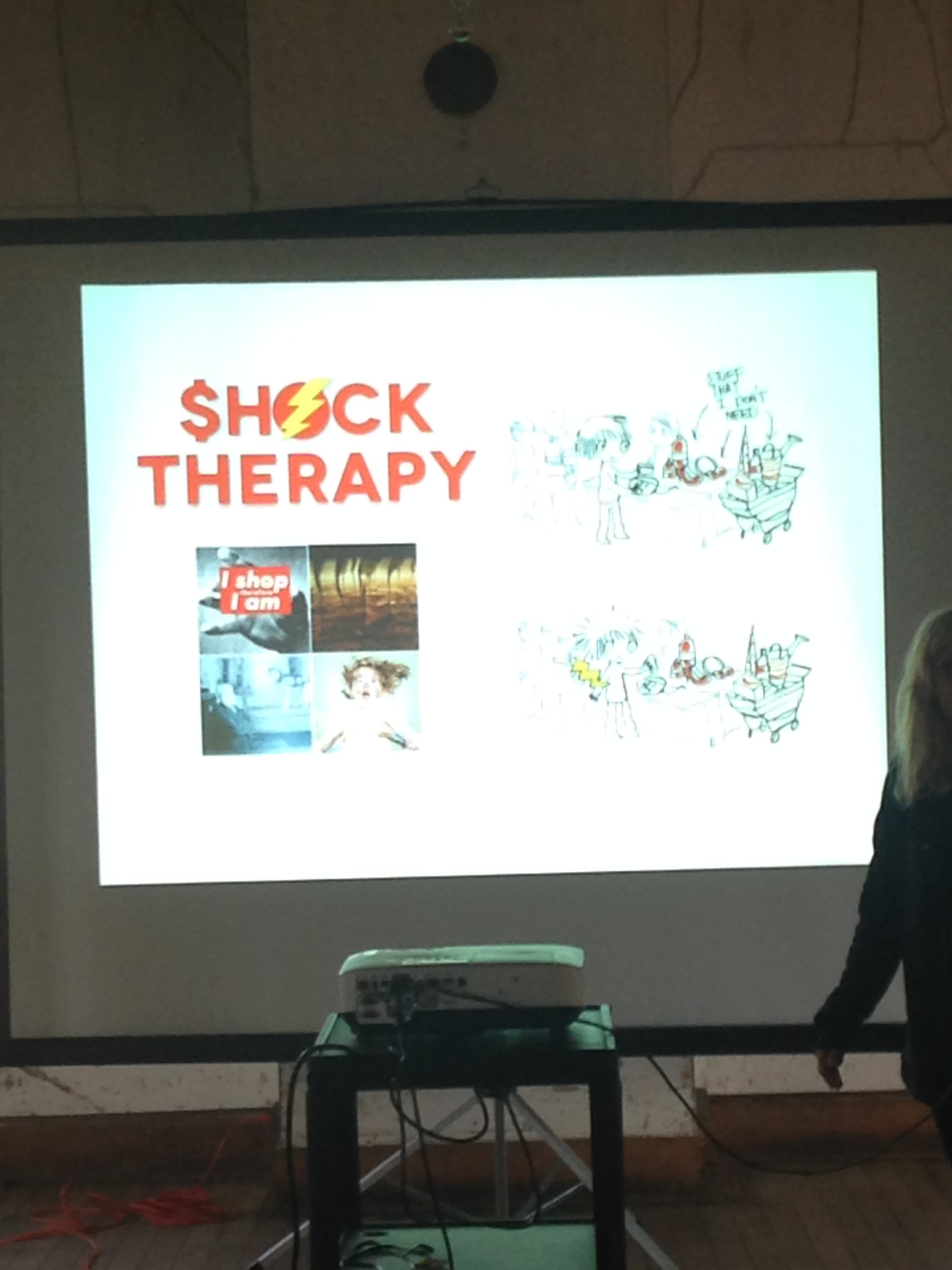
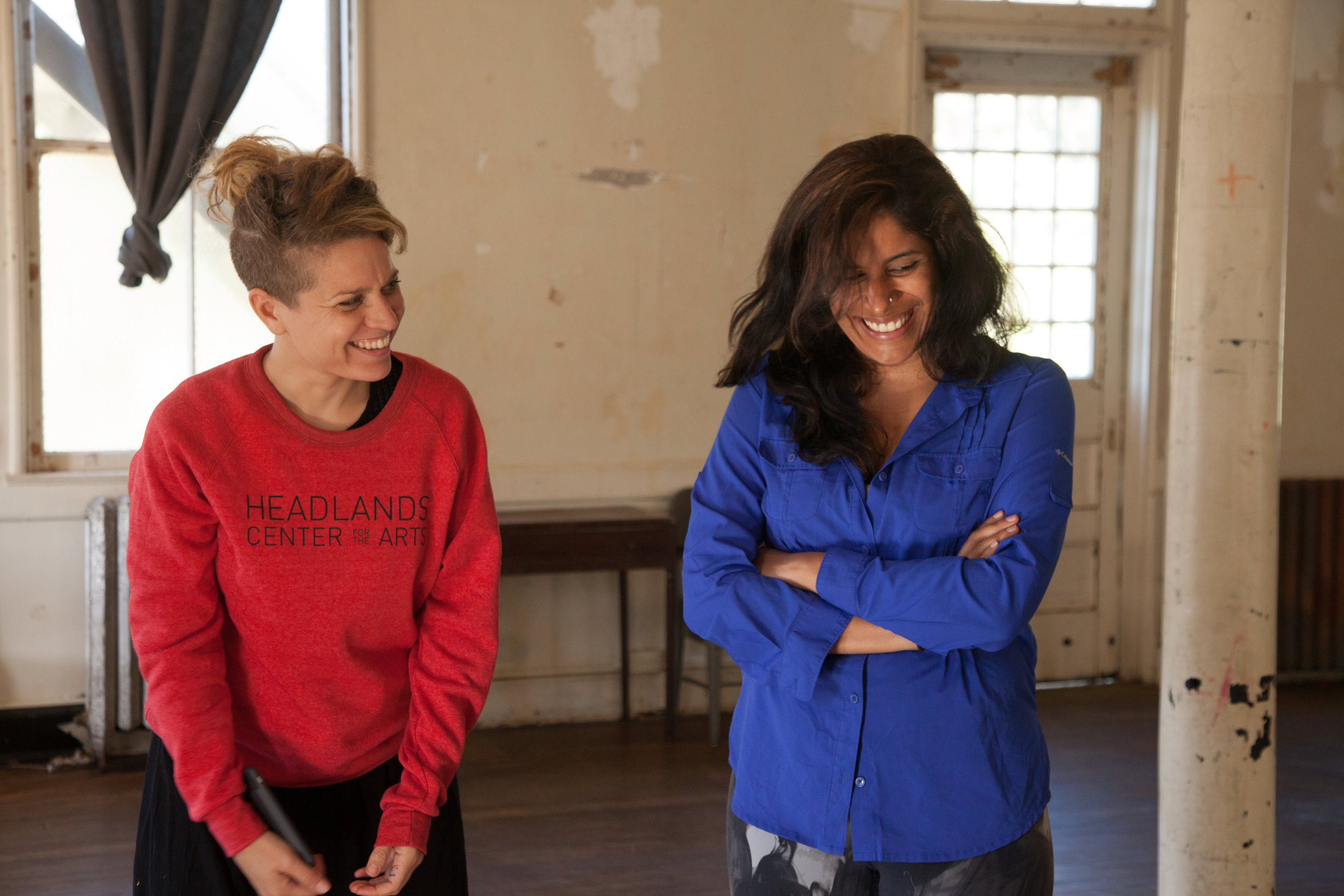
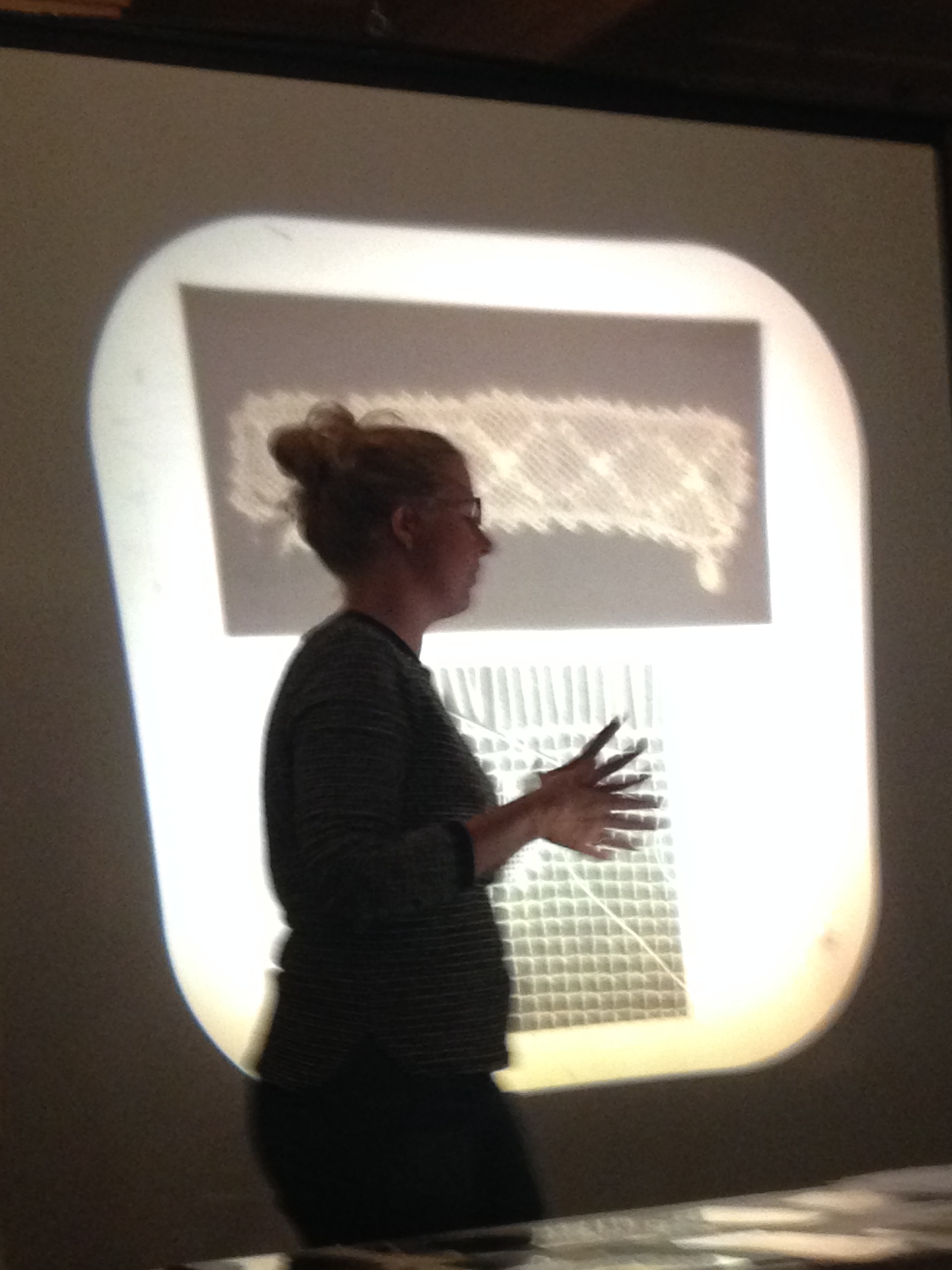
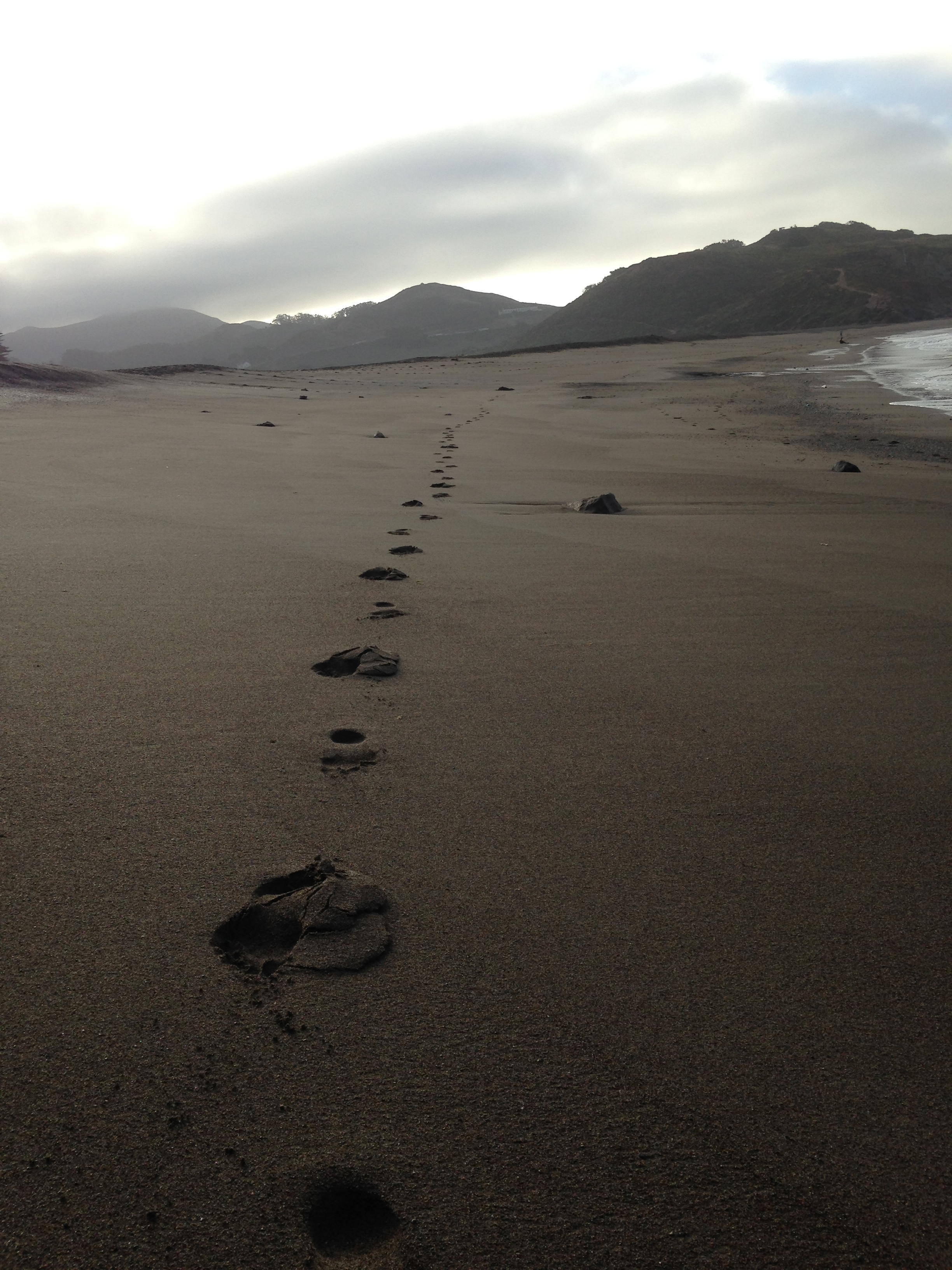
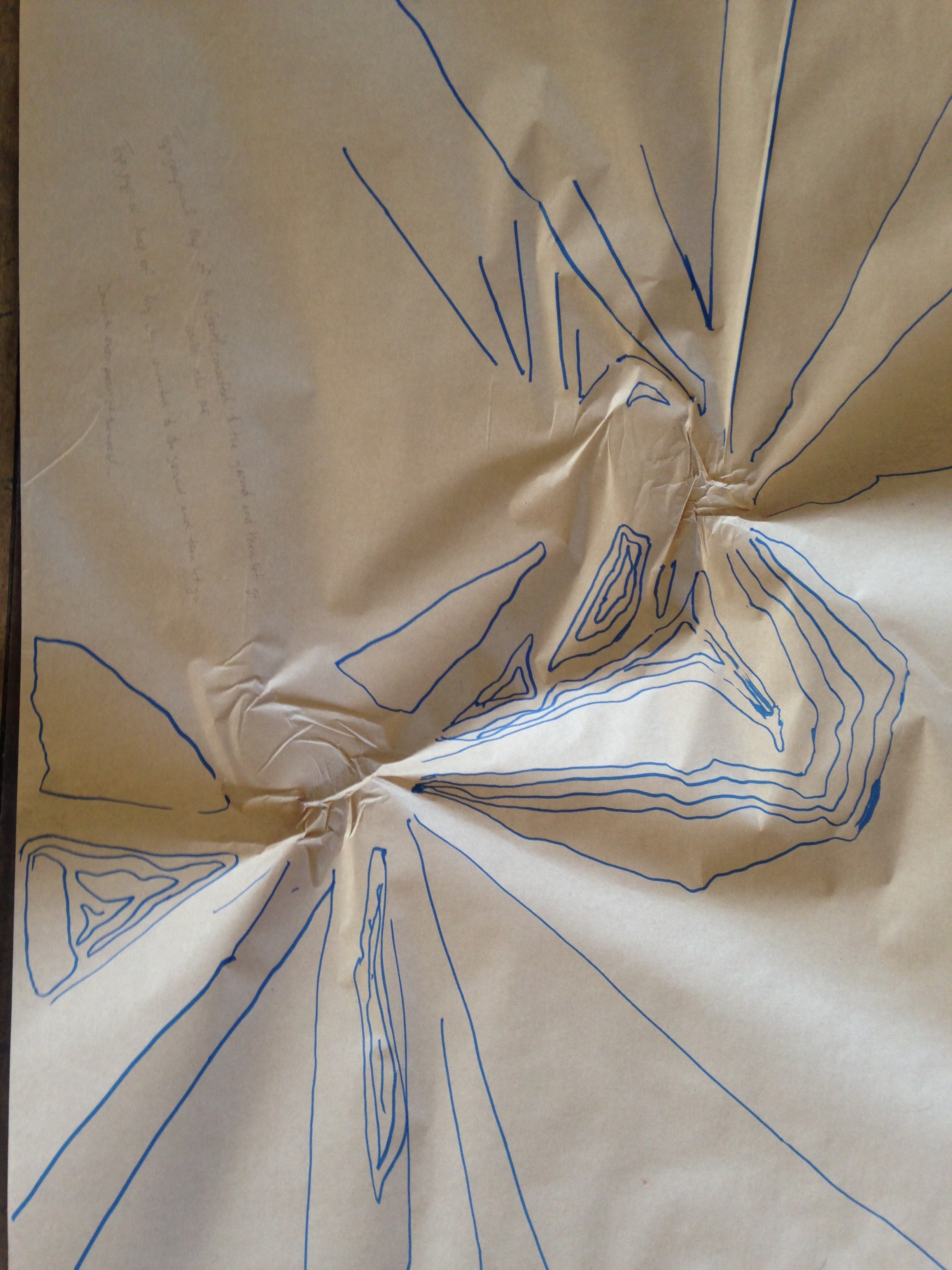
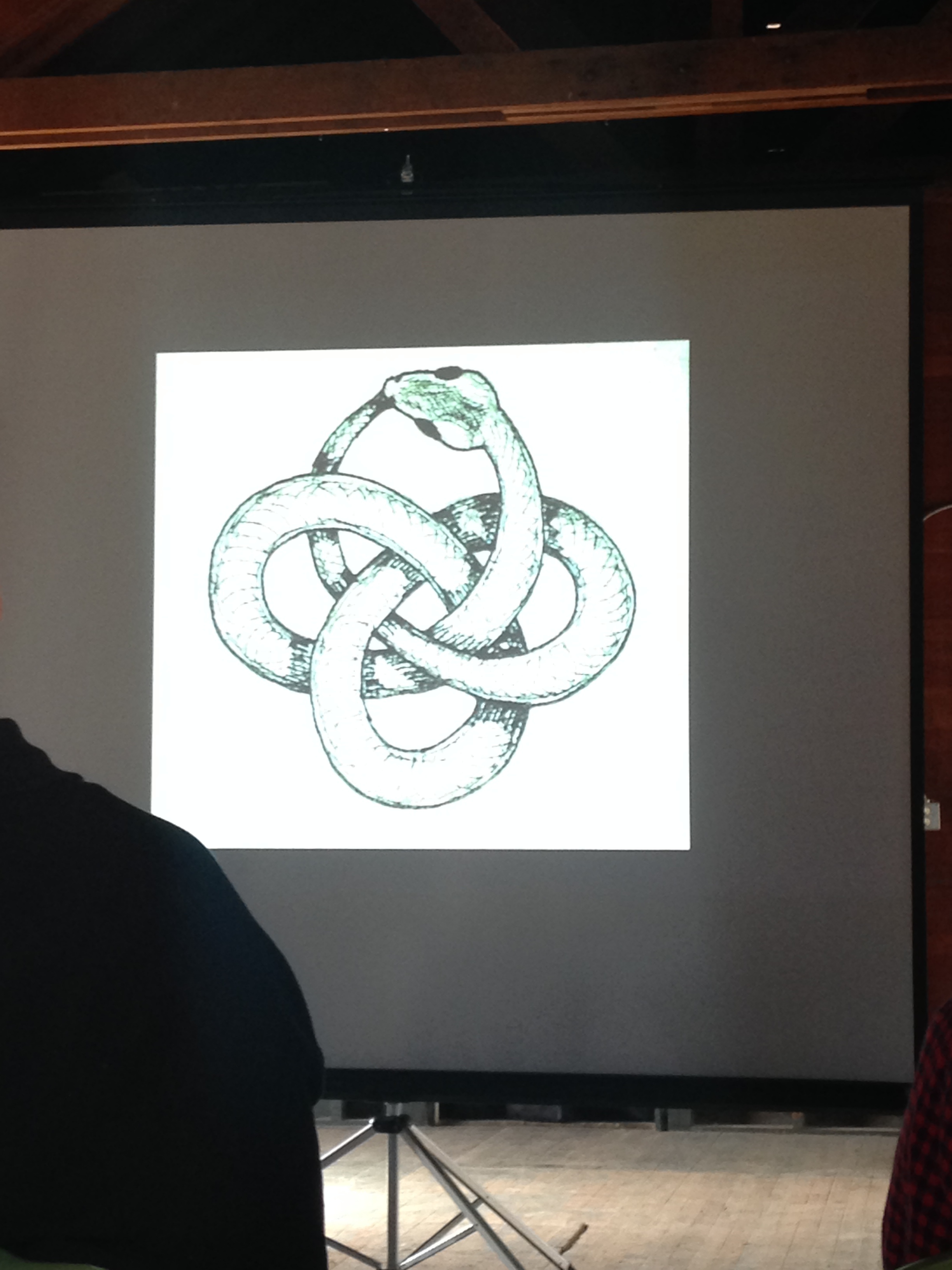

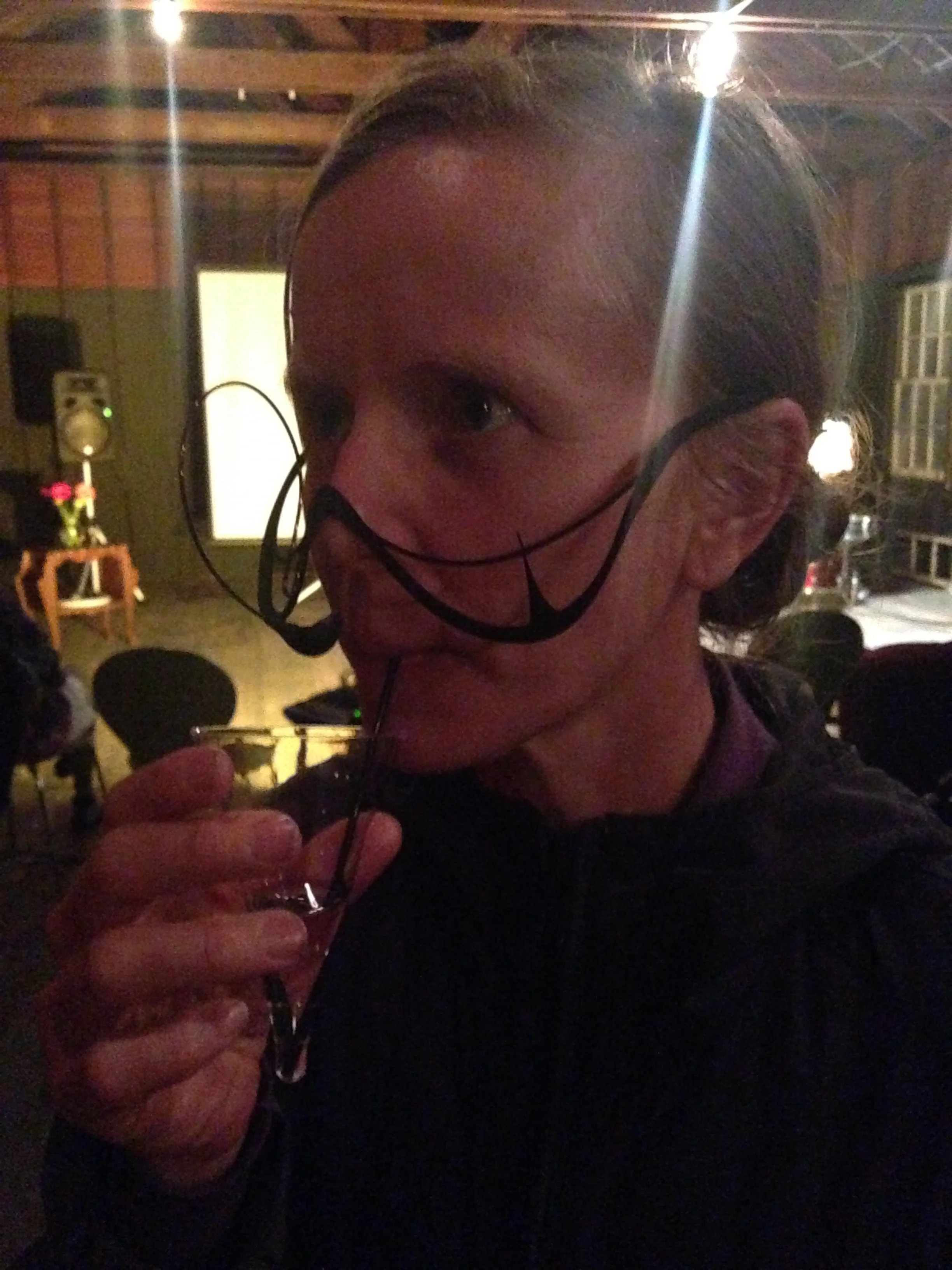
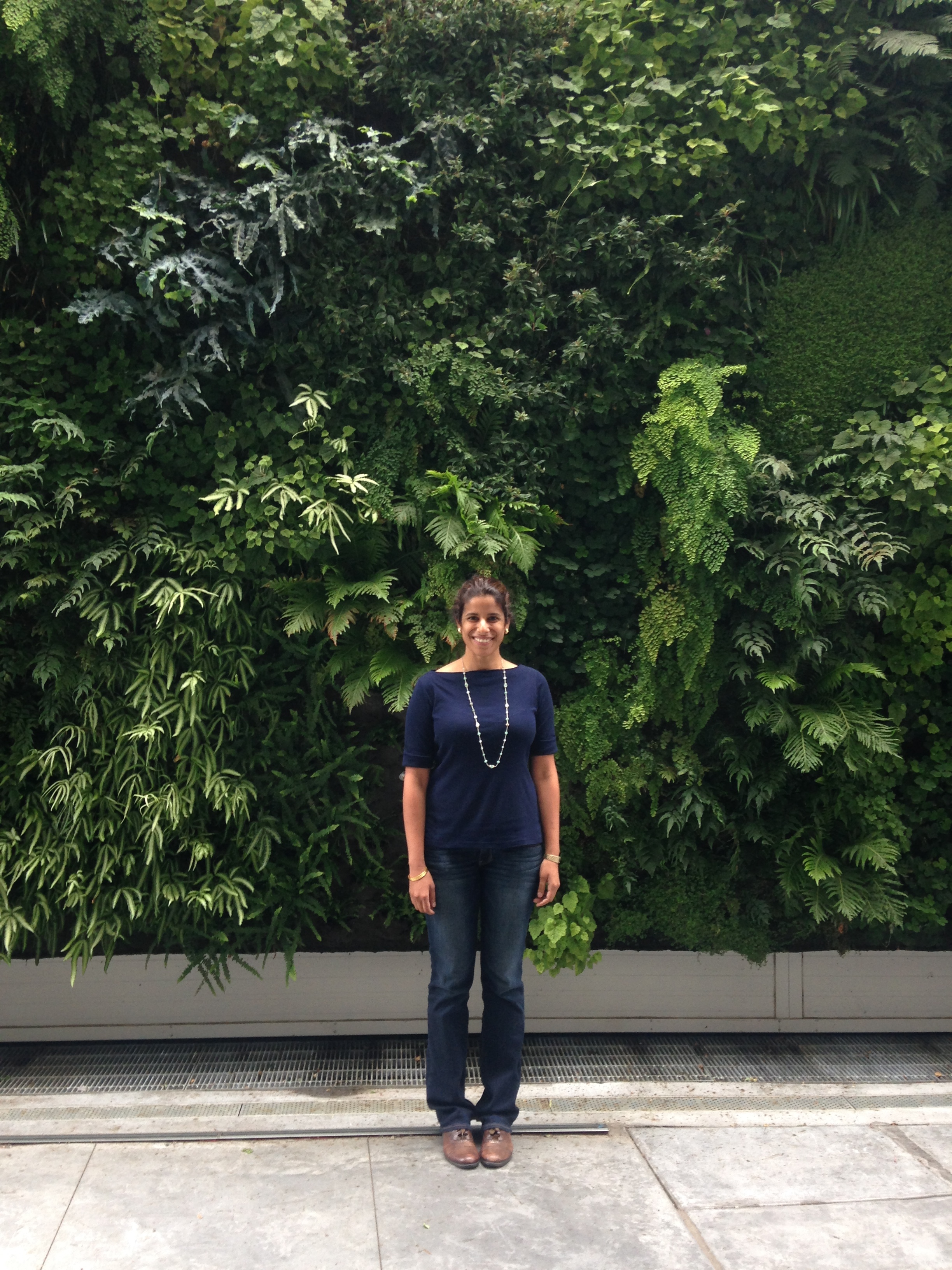

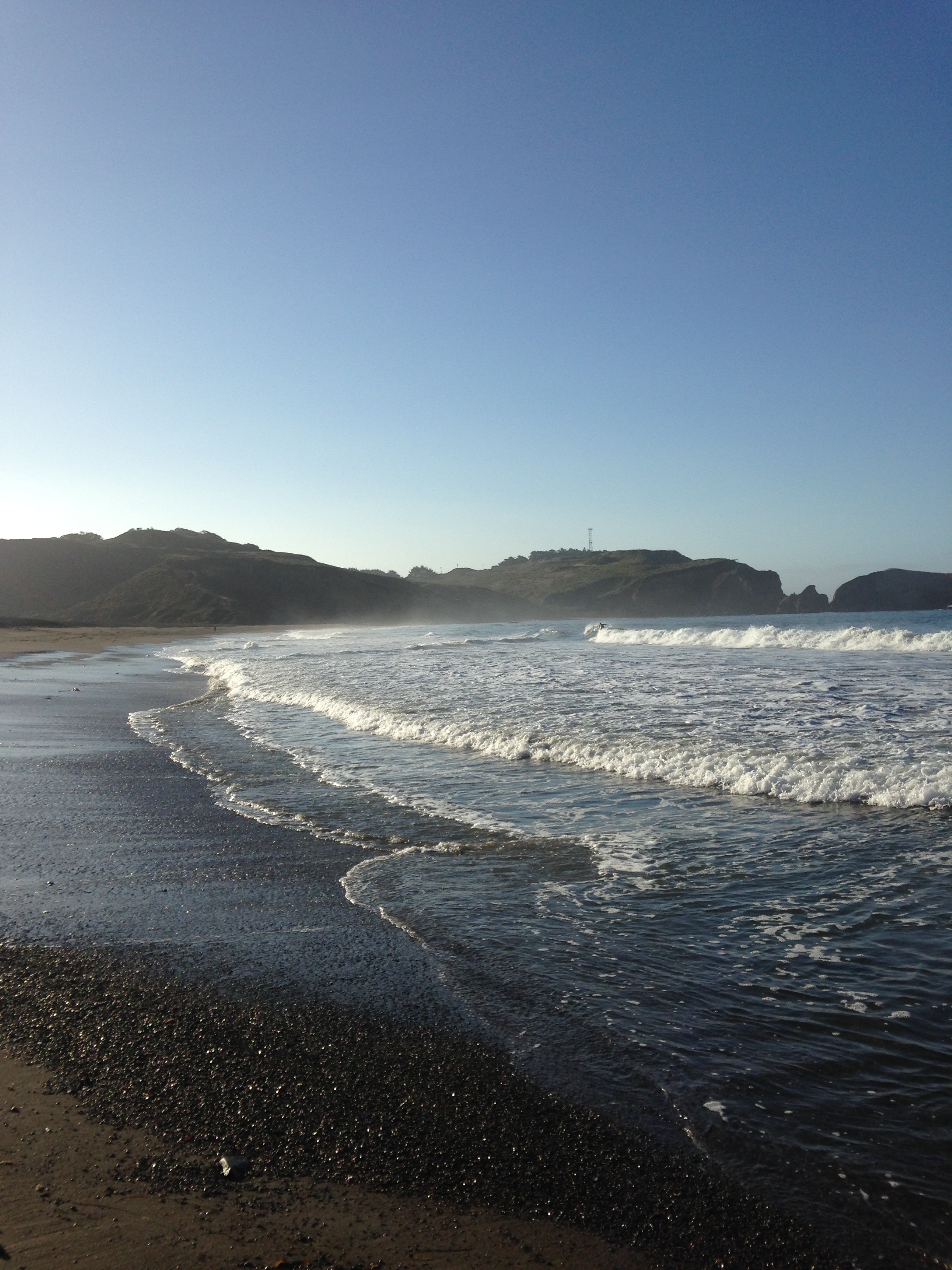
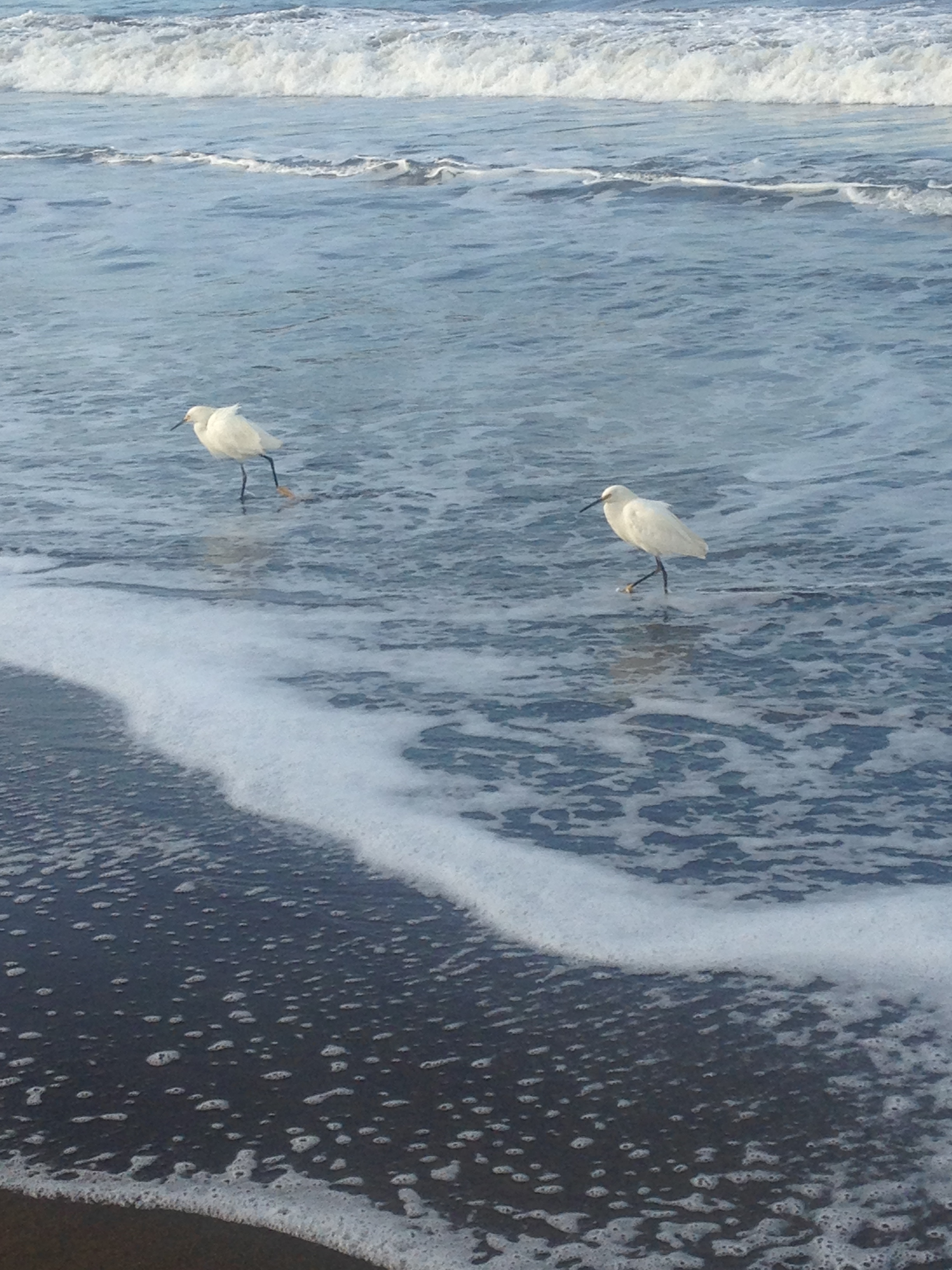

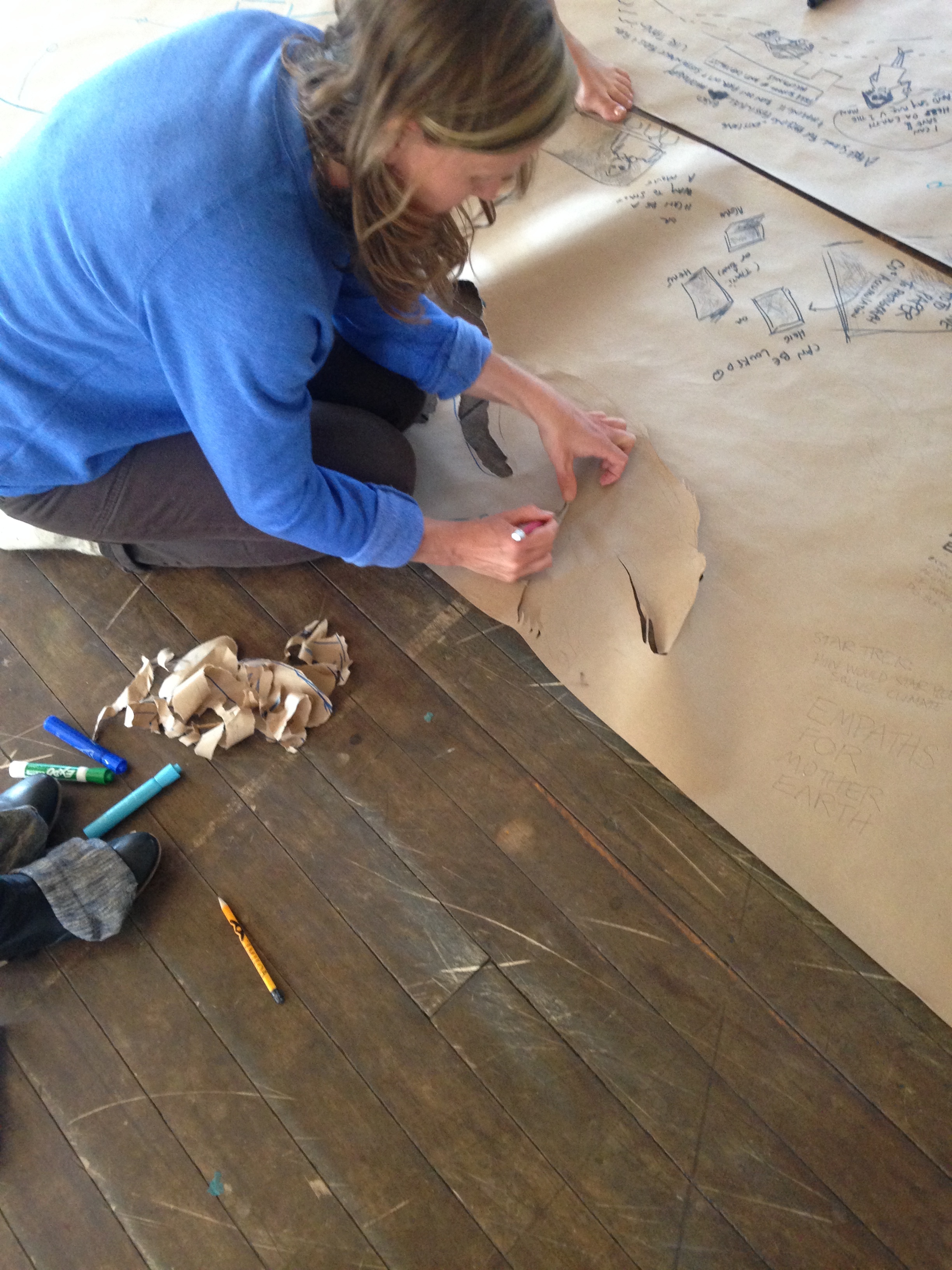
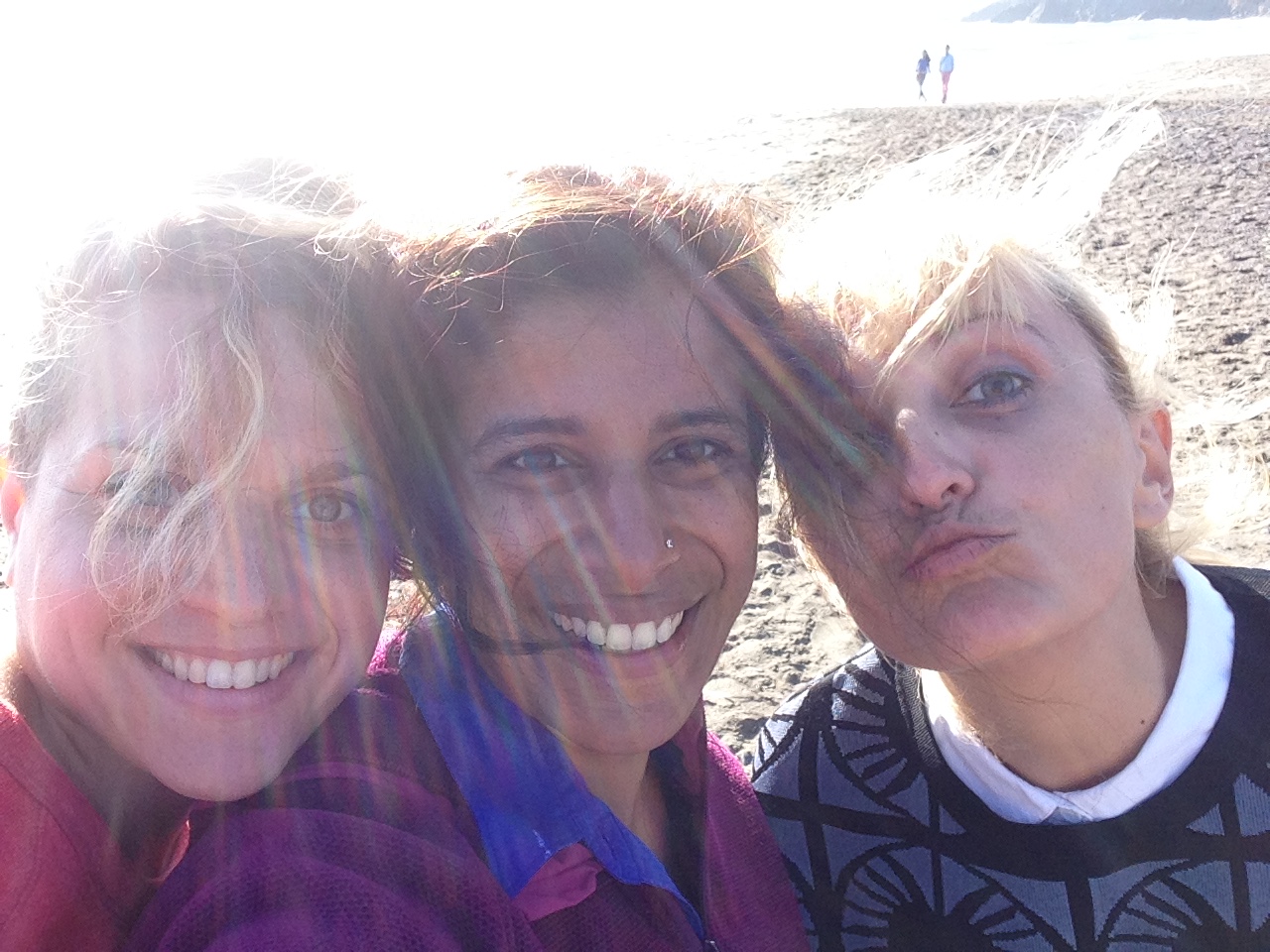

Reach Out - Media training camp
Shahzeen takes part in a workshop for SPEA faculty to discuss:
- How to use the media to extend the reach of your research;
- How to become part of the media conversation on issues that concern you.
Leading the conversation:
Shahzeen Attari – describing her interactions with mainstream and new media – the challenges and the successes;
Steve Hinnefeld – the media landscape and how IU Communications can help you navigate it;
David Konisky – what academics can accomplish on social media and how to get started.
Friday August 26, 2016, 11-12pm in the Dean's conference room (SPEA 300). See you there.
Research on self-other biases published in Judgment and Decision Making
Our paper, Energy conservation goals: What people adopt, what they recommend, and why, investigates self-other biases that arise when people are asked the following questions:
In your opinion, what is the single most effective thing that you could do to use less energy in your life?
In your opinion, what is the single most effective thing that Americans could do to use less energy in their life?
Ad hominem research published in Climatic Change
Statements about Climate researchers' carbon footprint affect their credibility and the impact of their advice is published in the journal Climatic Change. This work is co-authored with Dave Krantz and Elke Weber.
CRED final annual meeting at Columbia University
Shahzeen's postdoc group, the Center for Research on Environmental Decisions (CRED) at Columbia University had their last annual meeting. Wonderful research family and amazing friends.
Our lab moves to Eigenmann Hall - 10th Floor
Our lab moved to Eigenmann Hall located at 1900 E 10th Street, Bloomington.
See you on the 10th floor.
Janine Tang presents poster at IU Sustainability Internship Symposium
Congrats on presenting at your first symposium! Also a shout out to Daniel Lundberg who served as her mentor this semester.
Carissa successfully proposes her Individualized Major Program for IU
She will be focusing on sustainable design and technology for her IMP. Congrats CK!
Elke Weber elected to AAAS!
So happy for my amazing mentor and friend, Elke Weber, for being elected to the prestigious American Academy of Arts and Sciences (AAAS).















